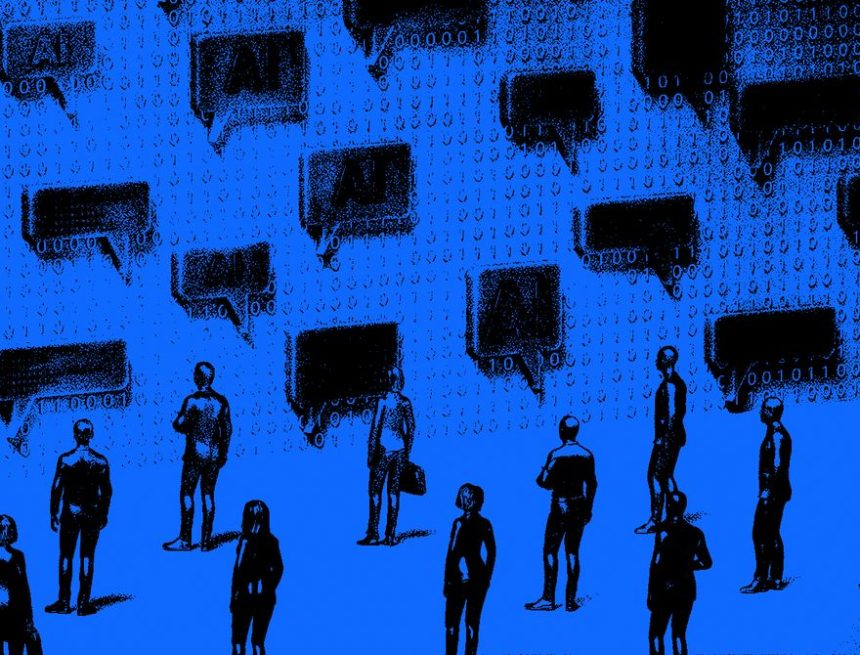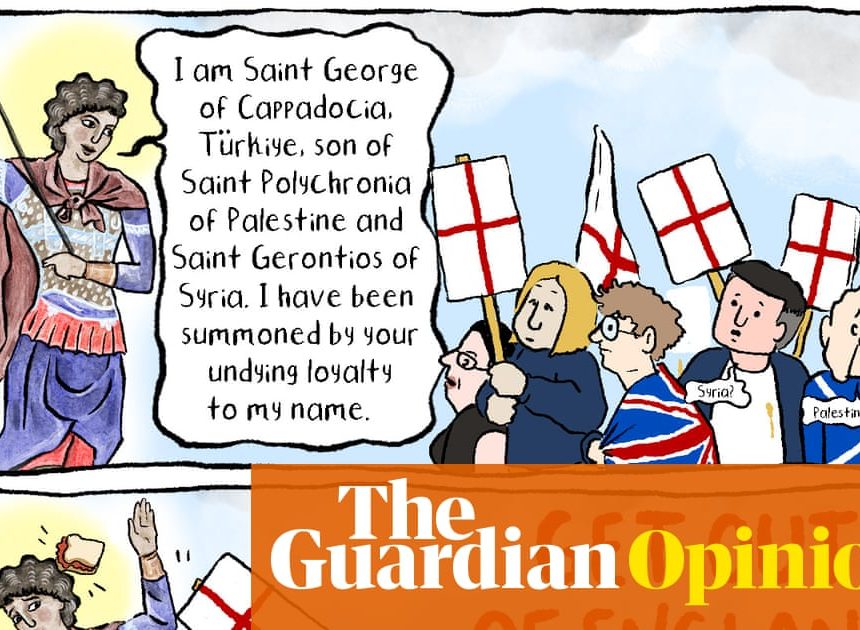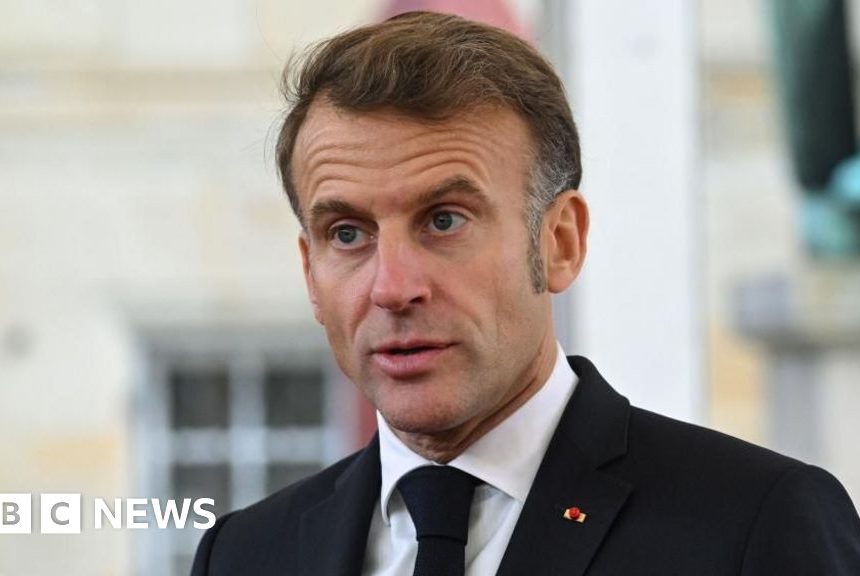As a British Jew, I was extremely disappointed to read about Shabana Mahmood calling pro-Palestine protests “fundamentally un-British” in the wake of last Thursday’s tragedy, when a synagogue was attacked by a terrorist (Home secretary calls Gaza protests in wake of Manchester attack ‘un-British’, 3 October).
I am extremely proud to be both British and Jewish, and I believe that the conflation of Zionism with Judaism is wrong and contributes to antisemitism. I am mourning the loss of life in Thursday’s attack. But in no way does that prevent me from calling out the Israeli government and its war crimes.
The Jewish people of the UK have varying stances on issues, like any other group. We are not all Zionists, and to conflate the two fuels antisemitic stereotypes. Some members of the community support Israel, while others like me have been protesting against its actions.
I can’t pretend to speak for all Jews – no one can – but at many of the protests there have been Jewish voices loudly declaring “not in our name”; I hope the government will listen to us too. We must not allow the acts of a deranged few silence the calls for humanity of many.
Tomilyn Rupert
London
The decision of the Metropolitan police to ask the organisers of a protest against the Palestine Action ban to postpone it in order to free up officers in the wake of a terror attack raises serious questions about the logic of law enforcement’s approach to these protests (Report, 2 October).
If these activities are, as the police describe them, a protest, then why have participants been arrested in the past? If, on the other hand, they are crimes, then why write to the organisers to postpone their criminal activities until it’s more convenient for the police to make arrests? Are they also writing to criminal gangs or real terrorist groups, asking them to reschedule their illegal activities for a more convenient time?
Can I also point out that apart from supporting freedom of speech, these protests are about people being murdered on a daily basis in large numbers. Are these lives less valuable than British lives?
Gabriele Hodgson
London
I’m sorry that Jonathan Freedland had to write this article (In a time of hate and rancour, two Jews sought to pray – and were killed. Let Manchester be a turning point, 3 October). The only positive I can take from it is that it forced me to confront something that I’m ashamed to admit: I’ve been one of those people who conflate Israel with Jewish identity.
As a Black person and a Muslim, I deeply resent it when people reduce me to labels or politics I didn’t choose – yet I haven’t extended that same courtesy or understanding to Jews. That’s not OK.
Jonathan’s article helped me recognise that. I’ve seen the security around Jewish institutions and, shamefully, I never questioned why it was necessary. It’s unacceptable that any community should have to live with that kind of fear – anywhere. Thank you, Jonathan, for helping to open my eyes.
Selina Osman
Oslo, Norway
Jonathan Freedland is absolutely right that for us Guardian readers who have the time and inclination, we can educate ourselves about the fact that “anti-Israel” is not necessarily “anti-Jewish”. Sadly, when the prime minister of Israel himself conflates those two positions, and accuses his government’s critics of antisemitism, for many people the situation becomes very confusing.
Deirdre Burrell
Mortimer, Berkshire


